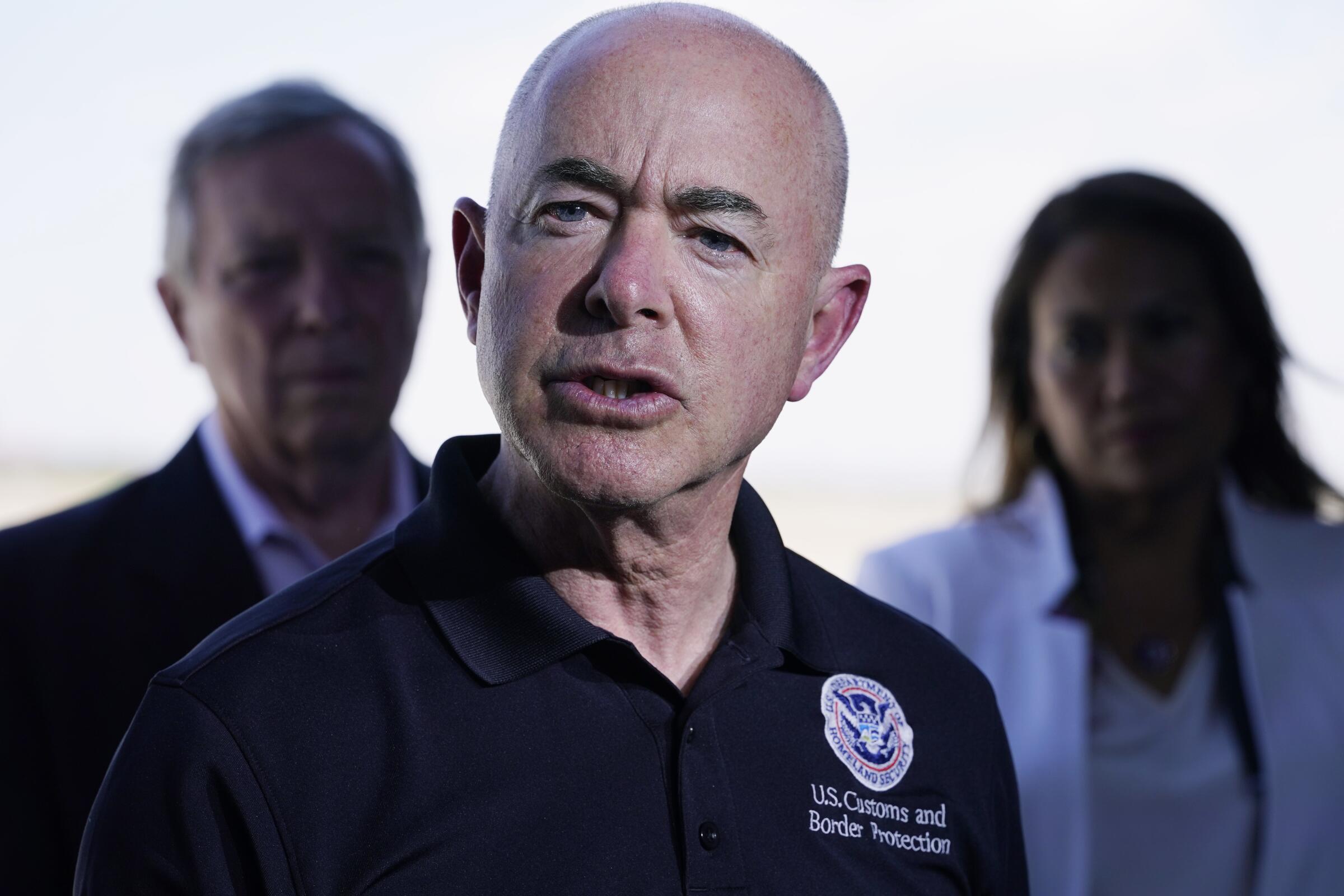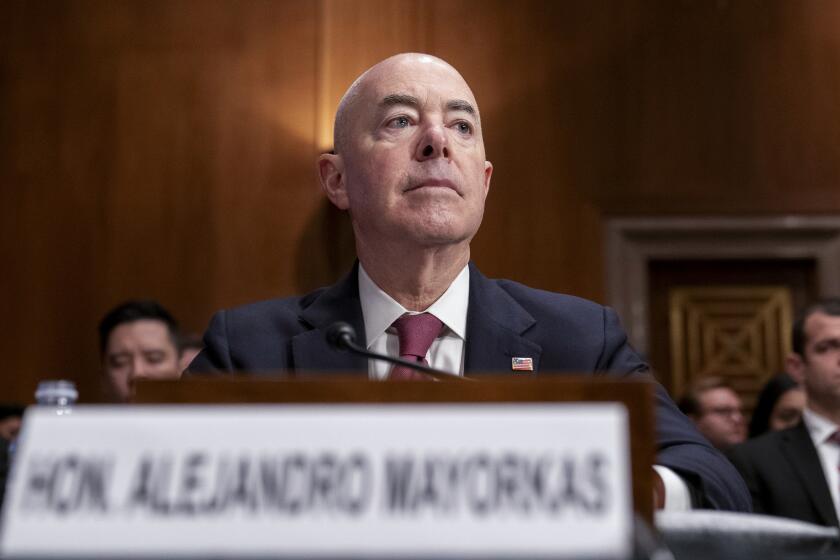Newsletter
Get the L.A. Times Politics newsletter
Deeply reported insights into legislation, politics and policy from Sacramento, Washington and beyond. In your inbox twice per week.
You may occasionally receive promotional content from the Los Angeles Times.
Andrea Castillo covers immigration. Before joining the Los Angeles Times, she covered immigrant, ethnic and LGBTQ+ communities for the Fresno Bee. She got her start at the Oregonian in Portland. A native of Seattle, she’s been making her way down the West Coast since her graduation from Washington State University.










